Resolution No. 57-NQ/TW of the Politburo on breakthroughs in science, technology, innovation and national digital transformation has set out the requirement to attract and effectively use all investment resources for science, technology, innovation and national digital transformation development.
In recent times, to attract investment for innovation, the National Innovation Center (NIC) has had many activities to help startups establish relationships with a diverse network of domestic and international investors.
To better understand the advantages and difficulties in attracting investment in innovation, especially private investment capital, Vietnam News Agency reporters had an interview with Mr. Do Tien Thinh, Deputy Director of the National Innovation Center (NIC) about this content.
- Promoting innovation and unlocking capital sources, including private capital, to bring Vietnam into an era of growth is one of the key tasks. To attract investment for innovation, in your opinion, has Vietnam gathered the conditions to be ready to welcome and cooperate with businesses and investors around the world?
Deputy Director Do Tien Thinh: To realize the orientation of "developing science, technology, innovation and digital transformation is a mandatory choice, the only way to develop the country and improve people's lives" of General Secretary To Lam, one of the decisive factors is to attract investment resources; especially private investment capital.
I believe that Vietnam has all the conditions to be ready to welcome and cooperate with businesses and investors from all over the world. First of all, Vietnam has strong political determination from the Party and State leaders in promoting innovation and developing advanced technology industries.
In addition, with a population of more than 100 million people, Vietnam is in the "golden population" period with a young, enthusiastic, dynamic, and dedicated workforce with the ability to quickly access science, technology, and STEM fields, making it a potential human resource and market for innovation and startups.
Along with that, Vietnam has formed a comprehensive innovation and startup ecosystem with the participation of many domestic and international partners.
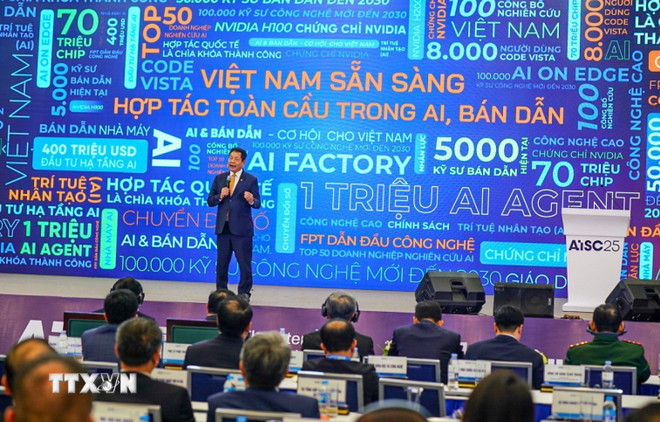
In particular, Vietnam has built an attractive business investment environment with many incentives for science and technology, innovation with many specific mechanisms and policies, special incentives that have been issued such as Resolution 193/2025/QH15 on special policies to create breakthroughs in the development of science, technology, and innovation; Decree No. 182/2024/ND-CP of the Government on the establishment, management and use of the Investment Support Fund and is continuing to amend mechanisms and policies related to science, technology, and investment to create a favorable investment environment, enhancing Vietnam's competitiveness.
- In your opinion, what are the biggest difficulties and advantages of innovation activities today?
Deputy Director Do Tien Thinh: Regarding advantages, we can mention that Vietnam's digital infrastructure has developed rapidly in recent years, with impressive growth rates in the number of internet and smartphone users.
Vietnam has a young population with a high rate of tech-savvy users who are ready to adopt new technology products. In addition, innovation and startups in Vietnam are growing strongly.
The digital economy is forecast to have the fastest growth rate in Southeast Asia, at 31% during 2022-2025.
In particular, awareness and communication about innovation and startups have received attention, thereby contributing to the shift from awareness to action.
However, on the contrary, Vietnam still lacks strong enough mechanisms, policies and incentives to promote a sustainable innovation environment. This poses challenges for innovative businesses and startups in securing capital, attracting and retaining talent.
Currently, Vietnam’s biggest challenge remains high-quality human resources. For example, Vietnam needs to train 50,000-100,000 semiconductor engineers by 2030, but current statistics show that the country only has over 5,000 semiconductor engineers.
Meanwhile, universities have just started training in semiconductor industry, and do not have enough human resources or facilities because training in this industry requires large costs and expensive equipment.
Besides, regarding venture capital flows, Vietnam needs more success stories in venture capital to create confidence for foreign investors when choosing to invest in Vietnamese companies.
- The Vietnam Innovation and Investment Forum 2025 was recently held in Hanoi to dialogue with investors, aiming to effectively attract investment capital for the fields of technology and innovation. In your opinion, which subjects need support for innovation?
Deputy Director Do Tien Thinh: In my opinion, in the immediate future, we need to invest heavily in two subjects, which are the intermediary organizations that support innovation. Currently, these organizations are very few compared to the number of businesses that need support.
Not only that, these organizations are lacking resources, human resources and even financial resources. Therefore, it is necessary to focus resources on these organizations so that they have enough facilities, apparatus, talent... to improve quality and quantity. Only then will these organizations be able to meet the support needs of businesses.
The second target is innovative businesses, creative startups. The number of businesses is currently too large, so we have to choose which businesses to support.
Currently, we have a number of industries and fields to prioritize. However, in my opinion, the list of investment incentives is too long. Not only the Investment Law but also many specialized laws and pilot resolutions of the National Assembly.
It is time for us to narrow down the list of priorities and incentives to truly create breakthrough incentives, avoid spreading them out, thereby promoting the development of priority focus areas.
In my opinion, any business with good ideas, breakthroughs, good organization, good growth model… needs support. First of all, start-up businesses, this group of businesses accounts for a very small proportion of the current number of businesses. Next is support for universities and research institutes to conduct R&D and commercialize research results, linking schools with businesses.
Along with that, it is necessary to invest in people; invest in "seeds" systematically, give them the opportunity to contribute with peace of mind.
On the other hand, it is necessary to recruit talented policy consultants and have a mechanism to pay high salaries and remuneration to experts (both domestic and foreign experts) to participate in the process of building mechanisms and policies. Because building these mechanisms and policies will affect the entire economy and will be able to remove the current bottlenecks.
- Many people think that businesses and creative startups need support from the government in terms of “seed capital” so that they can access large investment funds. What is your opinion on this issue?
Deputy Director Do Tien Thinh: Every year, Vietnam has attracted over 500 million USD in venture capital deals for creative startups. In my opinion, one of the most important policies in the story of startup development is to solve venture capital. Venture capital requires a State to have seed capital, seed capital can be very low, under 5% but from there it can attract other investment funds.
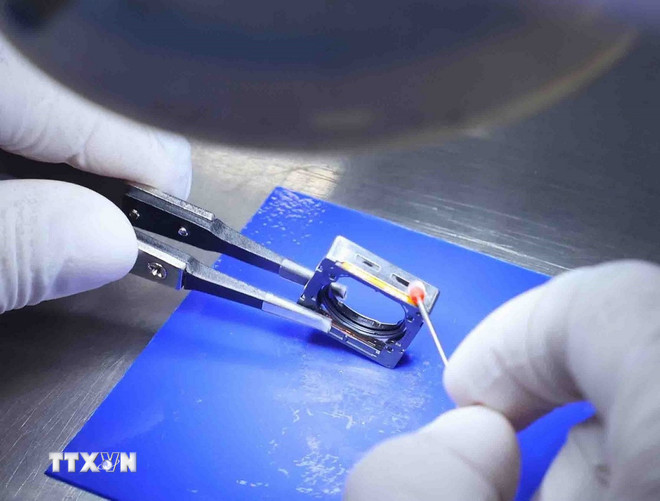
For creative startups, commercial capital is not really the main thing. Many large investment funds worth billions of dollars are willing to participate on the condition that we must initially incubate and have seed capital for the startup.
- According to you, what do we need to do to remove difficulties in investment resources for innovation?
Deputy Director Do Tien Thinh: Up to now, businesses have not received direct funding from the State; while internationally, there are many. For example, simply supporting small and medium-sized enterprises according to Decree 80/2021/ND-CP guiding the implementation of the Law on Support for Small and Medium-sized Enterprises, businesses do not receive direct support but have to go through many procedures and the support level is very low, so businesses are not really interested when comparing the benefits and costs of complying with regulations.
Thus, slowing down the process and discouraging all funding for startups and innovation. In the near future, the drafting agencies have discussed and drafted the Law, according to which, the role of the State in the national program to support innovation and startups will approach international practice.
There are venture capital flows existing all over the world. Previously, Vietnam did not pay attention to these flows, but now it has paid attention and will have policy mechanisms to attract them.
In addition, there needs to be venture capital flows from domestic corporations and groups. Previously, it was foreign corporations, and soon it will be domestic corporations. Because, when they have developed to a certain level, large corporations such as Viettel, VNPT... see that if they want to survive long-term, develop sustainably, and innovate, these corporations must have venture capital funds to invest in emerging start-up technology fields; that is their future market. That is open innovation combined with these corporations investing in research themselves.
In the near future, if the Government has a policy mechanism to remove obstacles, corporations will innovate and create value chains, and startups will participate in solving the problems of corporations.
- So, in your opinion, what actions does Vietnam need to take to reap the benefits of innovation?
Deputy Director Do Tien Thinh: To reap the benefits of innovation, I think it is necessary to introduce policies and mechanisms to support innovation, including reducing barriers in regulations, administrative procedures, targeted tax incentives, providing grants and financial support for research activities, developing business incubation, building shared digital infrastructure to encourage innovation, creativity and digital transformation.
Along with that, promote cooperation between businesses, research organizations, institutes and universities. This may include establishing research centers, incubation centers... building training and internship programs to equip and improve innovation capacity for students and workers.
Thank you!
Source: https://www.vietnamplus.vn/tao-von-moi-de-thu-hut-dau-tu-mao-hiem-va-doi-moi-sang-tao-post1036220.vnp





![[Photo] Bustling construction at key national traffic construction sites](https://vphoto.vietnam.vn/thumb/1200x675/vietnam/resource/IMAGE/2025/5/2/a99d56a8d6774aeab19bfccd372dc3e9)















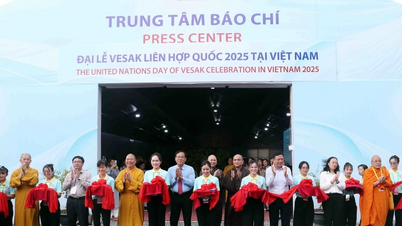


![[Photo] Binh Thuan organizes many special festivals on the occasion of April 30 and May 1](https://vphoto.vietnam.vn/thumb/1200x675/vietnam/resource/IMAGE/2025/5/1/5180af1d979642468ef6a3a9755d8d51)
![[Photo] "Lovely" moments on the 30/4 holiday](https://vphoto.vietnam.vn/thumb/1200x675/vietnam/resource/IMAGE/2025/5/1/26d5d698f36b498287397db9e2f9d16c)












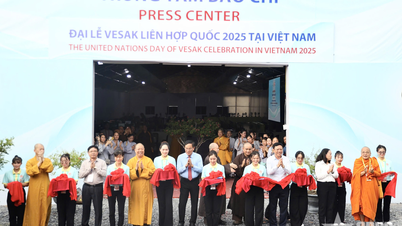























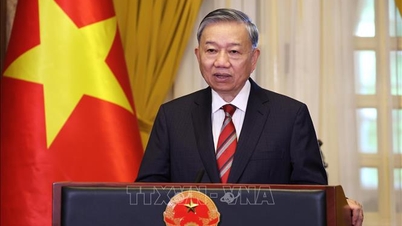
















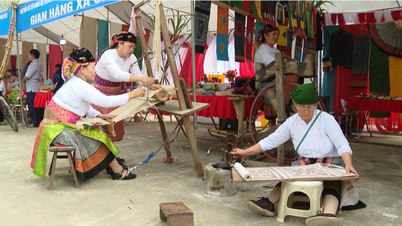


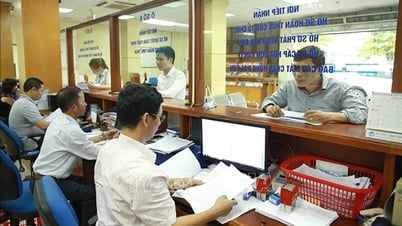









Comment (0)